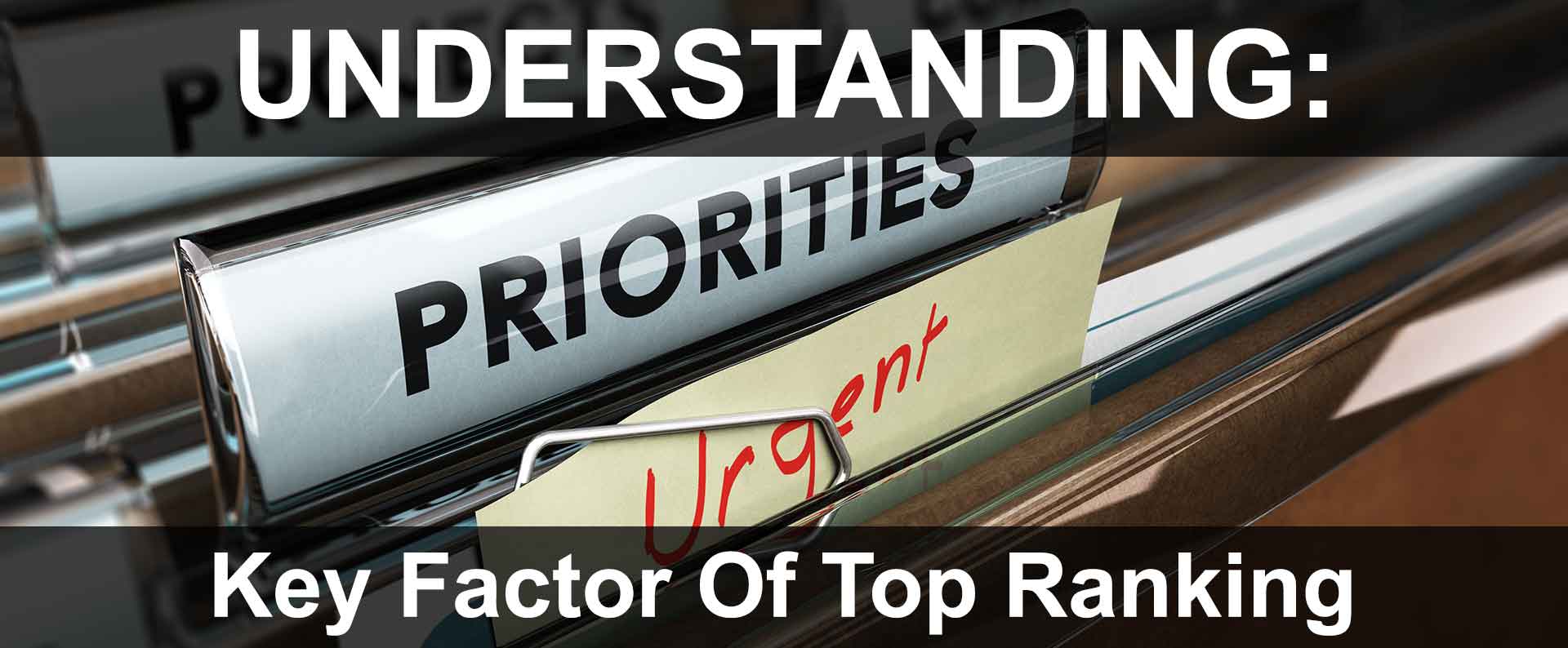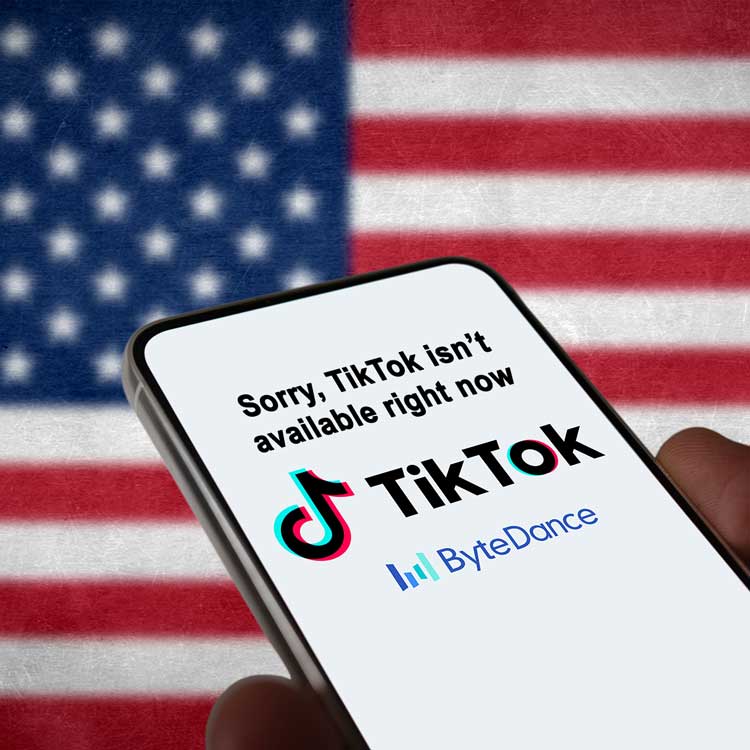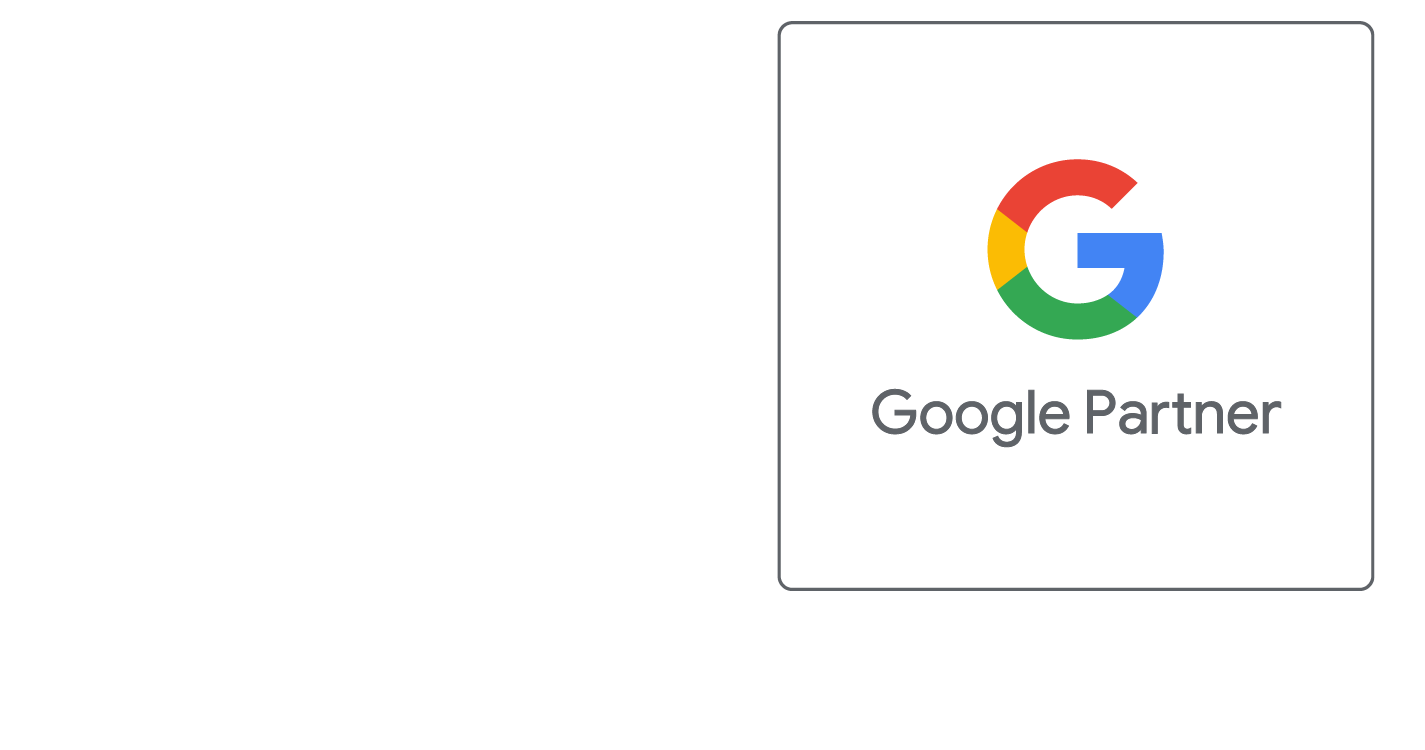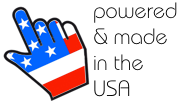Receiving top ranking in search engines is an important topic of discussion when it comes to design, development, SEO & marketing of a website.
The higher a website ranks in the organic/natural search results (non-paid or non-sponsored ads), the more qualified FREE exposure the website receives. This can lead to more opportunity to gain qualified leads, and thus convert those leads to sales and revenue.
While many experts may use various optimization strategies for improving organic ranking in Google; most agree that THE single most important factor is content, followed closely by cross browser compatibility, and in-bound link popularity.
Content is the most important factor that comes into play when Google decides which websites it will display first in search results.
Literally, if the keyword or key-phrase searched is not found, (or found very rarely in the site's content), then that site will often fail to achieve top ranking in search results for that keyword and related key-phrases.
While cross compatibility (whether a site will load on all browsers and devices) & in-bound link popularity (the number of external sites that link to a website) are also extremely important factors for top ranking in Google; a site with poor content rarely excels.
The reason is simple:
- Why would website B want to link to website A if the content of the website is lacking in credibility, unprofessional, or simply non-existent?
- Why would a search engine promote a mobile-friendly site if the content isn't strong and worthwhile?
They would not, hence content is still the most important factor.
Encyclopedias Rank Higher
Because content is the main factor to top ranking in search results, often preference is given to websites that are an encyclopedia about a particular topic, area of interest, or industry.
As well, often websites that are an encyclopedia on a topic are more popular for other sites to link to; thus increasing in-bound link popularity for the site.
Any website can achieve this encyclopedic status overtime:
- Detailed Product & Service Pages
-
Create a page for each and every product and service:
- Ideally, each web page should be dedicated to a unique topic, product or service.
- Don't cram multiple topics, products or services onto one page.
Such expanded detail can add a considerable amount of valuable, keyword-rich content to a website. Naturally this increases the density and usage of all important keywords and related phrases.
- When writing product and service descriptions be as descriptive as possible.
- Describe products to clients as though they are on the phone and cannot see the product image.
- This is often the initial contact with most online prospects and customers.
- The more organized and detailed content, the better.
- Provide all the potential details and specifications that a customer could possibly want to know about a product or service.
- For example, if the product were a part, ideally each part should have its own page and full-specifications list including: size, dimensions, weight, all potential uses, etc.
- For example, if the product were a part, ideally each part should have its own page and full-specifications list including: size, dimensions, weight, all potential uses, etc.
- In addition, with more products and services comes a benefit often referred to as the "Long-tail Effect".
- FAQ's
-
Adding a FAQ (Frequently Asked Questions) section is imperative to achieving better customer service (that answers common questions). As well, a FAQ section is often large and intensive with quality keywords and key-phrases.
- FAQ sections often include exact questions or quotes from customers (using their wording and choice of verbiage).
- These FAQ's will often match what other customers might type into Google's search box.
- Industry News
-
Including industry news — whether about a company, competition, or the industry in general, is another excellent method for achieving quality content.
- Customers often find articles to be useful in learning more about a particular industry, company, product or service.
- Quality, quantitative information is essential to making an informed and educated decision about the proper products and services a customer may need.
- Help, Customer Service, & Other
-
Literally any page that discusses relevant topics will help the overall ranking of a website.
- Including help topics, how-to's, and other related customer service & help sections, can greatly improve search ranking, as well as customer knowledge and satisfaction with the company.
- Having a page or two about the history of an industry, how a company started, and other relevant topics are also examples of methods for adding unique and quality content to a site.
Be Careful When Paying For Content Optimization
There are many optimization companies that will contact a business stating they can optimize a site's content to achieve top ranking in search engines.
While many are legitimate, and offer true SEO consulting and advice; most are not honest about the services they will be providing, and fail to mention:
- They take a small portion of the money paid for the SEO services, and instead buy limited Google Ads while pocketing the rest as a service fee.
- Google Ads are the "paid" or "sponsored" ads one sees at the top and right-hand side of Google when searching.
- Google Ads are a great resource for generating leads, but are no substitute for naturally optimized content.
- They may not do anything to improve the overall website with optimized content and keywords.
- Once a Google Ads campaign is over, the site will still lack properly optimized content.
- The site will receive little to no traffic through organic/natural search results once the marketing campaign is completed.
Many legitimate companies provide marketing campaigns for clients lacking time, or with a preference for professionals managing their digital campaigns. It's just important to research each company and request references as to the quality and sustainability of their work.
- Using Google Ads is a great recommendation for new businesses needing to generate immediate, affordable, and targeted traffic.
- Paid digital campaigns are also great supplements to natural/organic SEO for established businesses looking to gain an edge over the competition.
- The best long-run solution for a consistent flow of qualified, free traffic is proper natural search optimization; often known as organic search optimization.
The Keywords Are Often Obvious
Few people know the proper keywords and phrases to use in website content better than the owner and employees. These people deal with customers and vendors on a daily basis; consistently hearing questions, phrases, and specific words customers use when asking about products or services.
These "questions", "phrases" and "verbiage" customers use are most likely what others will type into a search box on Google. These keywords should be in the content of a site for search engines like Google, to index and find.
The only secret to having good search optimized content is to be descriptive and detailed when writing content:
- Avoid using non-descriptive words and phrases including "the", "it", "this", or "that".
- Avoid content that doesn't specifically name or describe a service, product, or related parts and specifications.
- Use related keywords and phrases often and naturally; in addition to the main keywords for that page or section.
- The more the actual product, service, name, and descriptive attributes used, the more content will "naturally" be optimized with valuable keywords and related phrases.
Use Social Media Posts to Create In-Bound Links
Create in-bound links, boost rankings, and most importantly, pull people and targeted traffic to a site, by regularly posting links to various sections of the site on social media:
- Post to the company's Facebook, LinkedIN, Twitter, Instagram, and Alignable social media pages regularly with comments and insights that link to various sections of the site.
- Consistently choose a page, product, or service to highlight with a short description and the page URL (website page address) in the social media post.
- Choose a different topic, page, product, or service for each post to avoid duplicating the same content within a short time period.
- Make the post noteworthy and relevant to the day, time of year, or upcoming events to give value and appeal to the post.
- Over time, all site pages should have a social media post linking to it.
The Bottom Line
An encyclopedia of quality content is key to top ranking in search engines while avoiding special tricks. A website with top-quality content is more likely to have other sites linking to it; thus increasing in-bound link popularity, and ultimately improving the site's overall SEO.
While many other search optimization factors are important, the content of a website should receive the most focus and attention.













